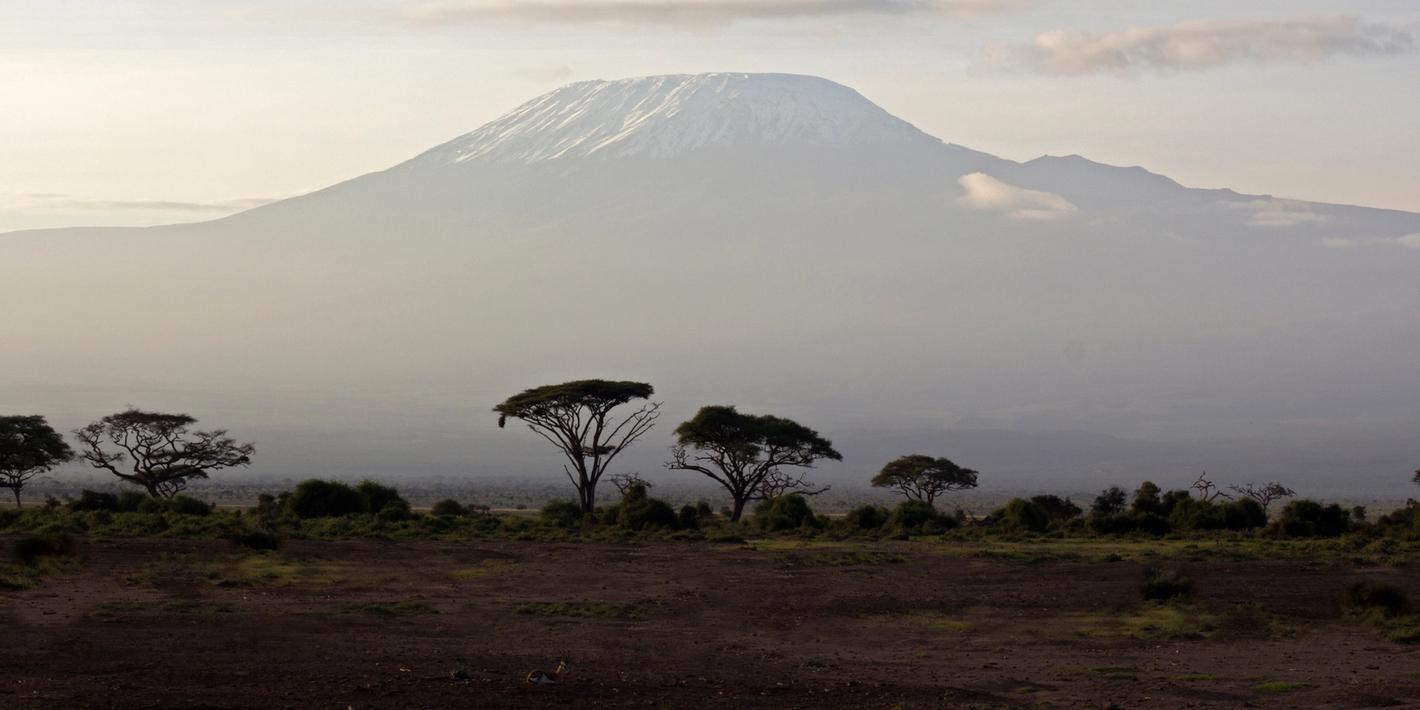Land for the Tanzania LNG project
TPDC is the licence holder for the offshore Block 2 and the land title holder for the selected LNG site.
Following an extensive site selection process in 2013, a site was identified in the Lindi region to host the onshore LNG plant once the final investment decision is made by the investors.
TPDC has been responsible for the acquisition of the LNG site and completed the compensation process for the affected communities at the LNG site consistent with Tanzanian law.
Throughout TPDC’s compensation and relocation process, Equinor and its partners maintained dialogue with the relevant authorities.
In line with UN guiding principles for business and human rights, Equinor has assessed impacts from this process and defined mitigating actions toward the impacted communities with some livelihood programs already implemented.
If an investment decision is ultimately made, this process will be reviewed in the context of international best practice principles.
Capacity Building
Equinor has an ambition wherever possible to utilise local resources during the different phases of the project. Our initial assessment of available resources has indicated very low numbers. Since then we have embarked in several initiatives for capacity-building to facilitate knowledge building, skills building and academic qualification. Here are examples of such initiatives.
Masters of Finance in Oil and Gas
In 2014, UDBS in partnership with UIS developed the Master programme in Finance and Accounting in Oil and Gas (MFA-OG) The objective of this programme was to enable the universities to educate personnel relevant for the petroleum industry in Tanzania in finance, accounting and economics, and provide foundation for future research activities. The Masters programme was officially launched in 2015. In addition to supporting the programme development, Equinor has offered scholarships to students. As of 2018, 13 students have graduated, and 113 have enrolled.




